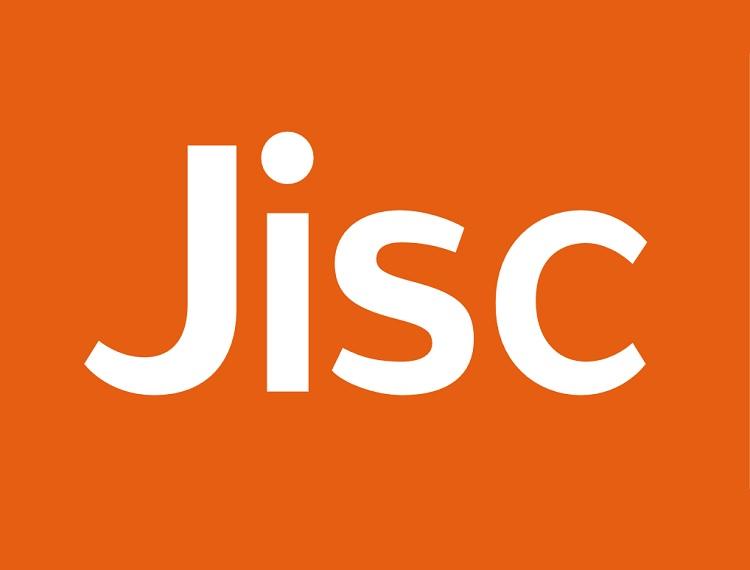Students need better preparation for digital careers

A survey of 27,914 students, published by the education and technology not-for-profit today (3 September), shows that only 40% of further education (FE) students and 42% of campus-based higher education (HE) students feel their course prepares them for the digital workplace.
Despite Office for Students predications that more than a million digitally skilled people will be needed by 2022, and a recognition within the government’s edtech strategy that ‘technology is increasingly part of our society’, less than half of the 13,389 FE students surveyed (49%) and only 70% of 14,525 on-campus HE respondents agree that digital skills are needed in their chosen career.
Shakira Martin - outgoing president of the National Union of Students and head of student experience at Rose Bruford College – calls on universities and colleges to provide “opportunities for all learners to develop the skills they need to thrive in today’s fast-changing world.”
Other key survey stats
Learners value digitally-enhanced education. Around seven in ten HE students and six in ten FE students agree that, when digital is used, they understand things better and enjoy learning more. Education providers can capitalise on this: overall, around four in ten students would like digital technology to be used on their course more than it is now.
Mobile devices could be an emerging opportunity. As 79% of FE students and 86% of HE students have access to smartphones, there is value in ensuring education services and resources are mobile-optimised. Currently, just 53% of FE students and 70% of HE students agree that their institution supports them to use their own digital devices.
‘Vital’ skills
Sam Jenkins, a history student at the University of Winchester, comments:
“Learners need more transferable skills integrated within their modules to make them as prepared as possible for the world of work. Technology plays an important part in this. Using technology at university has helped me to engage with programmes and apps, which will be vital to my future career.”
Sarah Knight, Jisc’s head of change – student experience, agrees:
“With increasing demand for digital skills in the workplace, technology is no longer optional for colleges and universities. Authentic opportunities for all students to develop digital skills need to be embedded within courses. For this to happen, it is essential that all staff develop their confidence and capabilities in using technology effectively. At Jisc, we support organisations, helping to create a technology-focussed environment that works for all”.











Responses